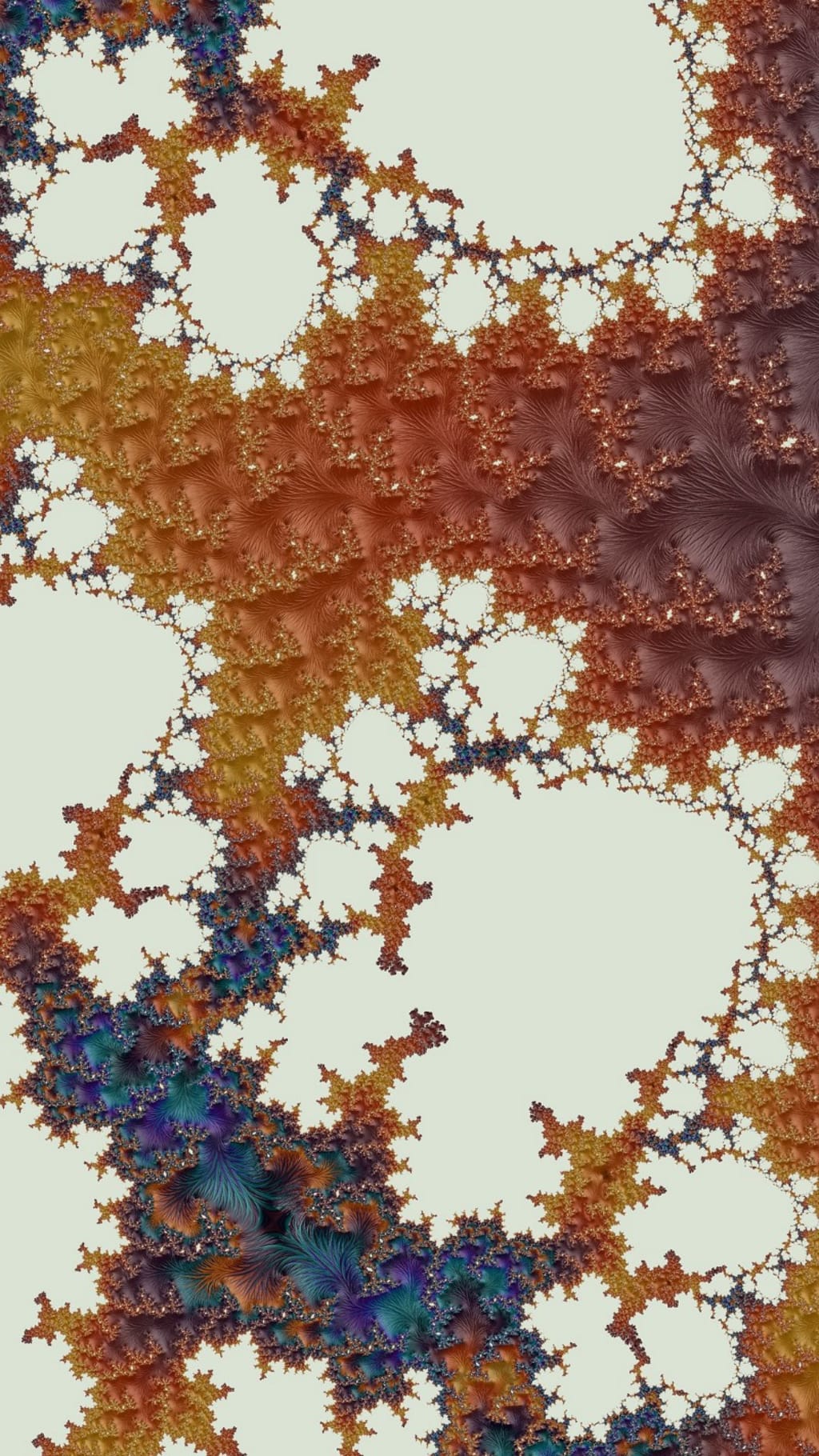What About Consciousness?
That Is the Question Now Isn’t It

Much greater minds than mine have spent entire careers, entire lives wrestling with the so called “hard” problem, and failing to make much progress. Perhaps it is the hardest problem of all. Because of that I spend little time commenting on or thinking about it directly. Mostly I attack the problem from angles, often using the lens of AI/machine learning to try and shed some light on the question, if not even beginning to approach an answer. Through examples like the mereological fallacy and the compulogical fallacy I have tried to point out the logical flaws inherent in the majority of current thinking about the brain, AI/machine learning, neural networks, etc. These days the consciousness camps are fractured into many, many tiny subgenres each with their own pet ideas. However, in general at one extreme you have the reductionists led by Patricia Churchland Smith who believe if we could learn everything about the brain (biochemistry, physics, etc.) we could recreate particular states of consciousness in a machine. Essentially that consciousness can be reduced to physico-chemico processes. As a scientist you might think I would find common cause with the reductionists but I do not for various reasons, but again mostly related to the logical fallacies I talk about so often. On the other end of the spectrum you have the various emergence theorists who think consciousness somehow emerges from some mysterious interaction of mind and body. I have little sympathy for their arguments as well and find them unpersuasive but for one aspect which I very much believe to be true and that is the importance of a body for consciousness. Specifically a body with external sensory organs capable of receiving sensory input from the external world. Additionally the body must be capable of kinesthesis, or the ability to physically and directly sense movement through the physical universe/world and through time as we do. In this my thinking was very much influenced by the obscure French phenomenologist Maurice Merleau-Ponty. Phenomenology is by and large a load of crap but MMP has some brilliant ideas that he couched in the philosophical tradition of phenomenology because that was the fashion of the time and place in which he lived.
MMP was a doctor who specialized in schizophrenia and conducted some, what we would consider, ethically troubling studies on schizophrenics at the mental ward where he worked. In one particularly memorable case he described a particular patient at the hospital who had one very reproducible and specific set of hallucinations each and every day of his life. The patient described these hallucinations in exacting detail, down to the most minute level. MMP took note of all these details and one day hired a troupe of people (all employees at the hospital) to act the part of the hallucinatory people the patient saw. They dressed and acted exactly as the hallucinations were said to, they occupied the exact same physical spaces for the exact same amount of time. He even adjusted the grounds of the mental hospital garden to match the hallucinations and changed other aspects of the physical environment to exactly duplicate what the schizophrenic saw each day. Why did he do this? Because he wanted to know if the schizophrenic would be able to tell the difference. Long story short the patient when asked about it that evening was said to have replied only that his “hallucination seemed particularly strong that day.” What does that have to do with the problem of consciousness you might be thinking? Nothing as far as I can tell, but it is a funny story nonetheless.
Of course the AI crowd which is so dominant these days are all Patricia Churchland acolytes of one degree or another and they think the body is nothing more than a bag or sac which could be discarded at any time, and maybe some day will be when we download our consciousnesses into a computer and live forever in the utopian paradise of the singularity. The ridiculousness of that contention never occurs to them. Finally much of my thinking on consciousness, to the extent I have any, derives from one book, which happens to sit at number 5 on my list of the all time most important intellectual works of the modern age, and that is Julian Jaynes’ Origin of Consciousness in the Breakdown of the Bicameral Mind. This is not the place to dive into that masterpiece but I have written about it often enough before. In case you are interested the list goes
1. Ludwig Wittgenstein — Philosophical Investigations
2. Ludwig Wittgenstein — Tractatus Logico-Philosophicus
3. Alan Moore — Watchmen
4. Karl Popper — The Logic of Scientific Discovery
5. Julian Jaynes — Origin of Consciousness in the Breakdown of the Bicameral Mind
About the Creator
Everyday Junglist
Practicing mage of the natural sciences (Ph.D. micro/mol bio), Thought middle manager, Everyday Junglist, Boulderer, Cat lover, No tie shoelace user, Humorist, Argan oil aficionado. Occasional LinkedIn & Facebook user






Comments
There are no comments for this story
Be the first to respond and start the conversation.